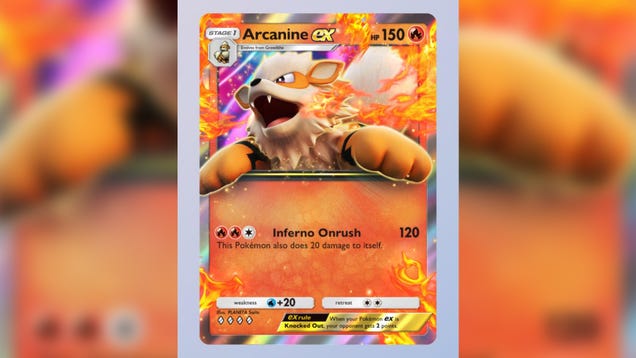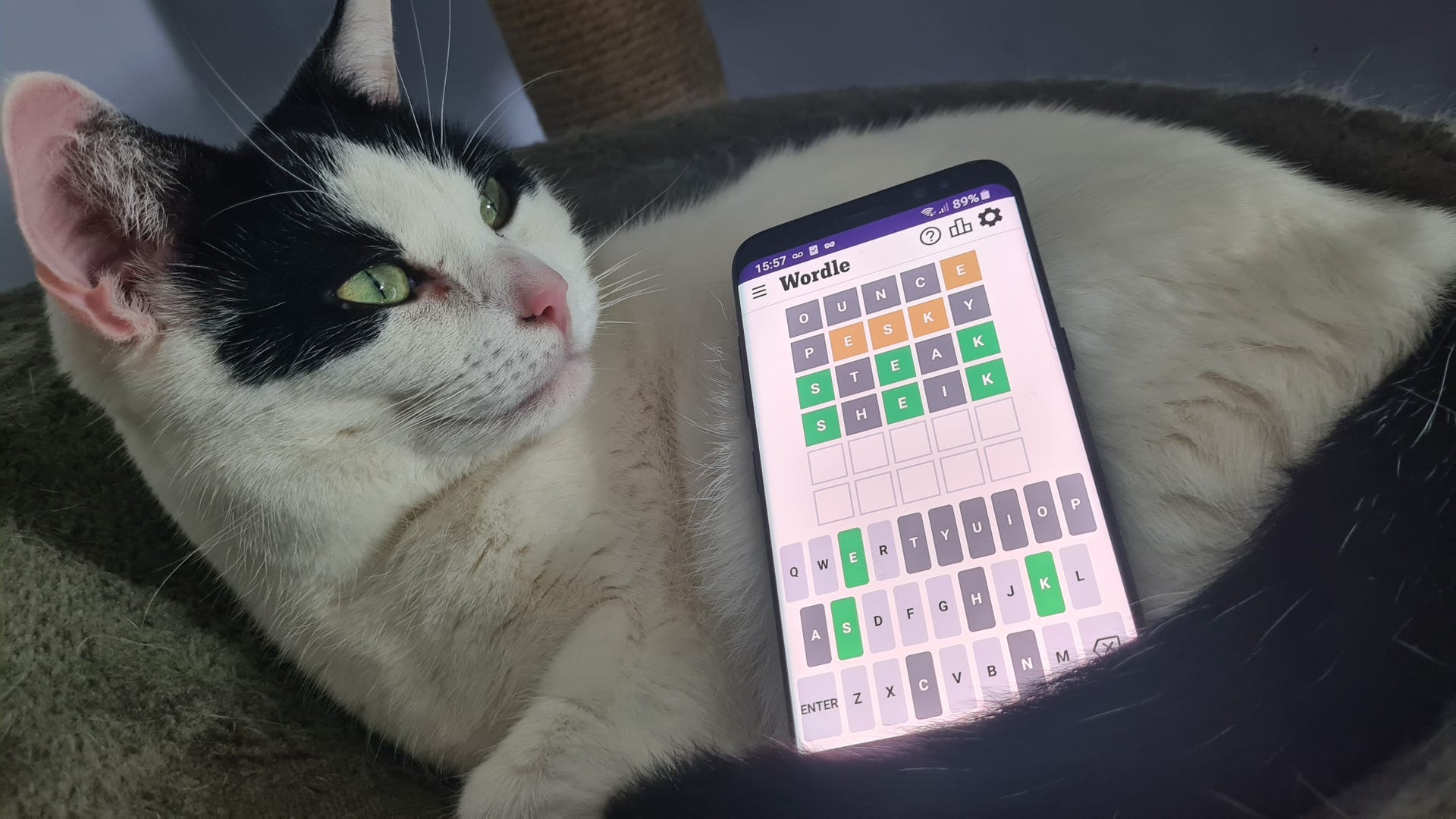
Marvel's Hit-Monkey Season 2 Review
Ghosts, demons, and colorful assassins ought to make for a wild theme park ride. Unfortunately, Season 2 of Marvel’s Hit-Monkey is more akin to that ride’s extended queue lobby, inviting us to line up in anticipation and receive instructions from talking animatronics. Its 10 episodes are detailed, and in some ways imaginative, but they aren’t the main event. By the time they’re done, we’ve been primed for a fun twist on the series’ premise – but it’s only as a tease for what lies beyond the turnstile.
The season premiere adds some interesting wrinkles to Season 1’s nearly three-year-old finale, and spirit hit-man Bryce’s (a fast-talking Jason Sudeikis) decision to stay on Earth and assist his simian assassin friend, the minor Deadpool villain Monkey (a grunting, squawking Fred Tatasciore). It turns out Bryce made a deal with the Devil (Keith David) to live – well, “live” – a little longer in exchange for helping with Satan’s nefarious long-term plan. The details of that scheme are played frustratingly close to the chest. This also gives Bryce the opportunity to make amends and reconnect with his estranged daughter, Iris (Cristin Milioti), in the new season’s setting of New York.
While these new directions make for intriguing drama and occasionally funny comedy, the series – ironically, like Bryce himself – can’t shake the weight of the past. Characters like the straight-laced Japanese cop Haruka (Ally Maki) and scorned politician Akiko (Olivia Munn) return, but they feel awkwardly shoehorned in: Akiko, for instance, dons the mantle of Lady Bullseye to avenge Monkey’s murder of her uncle, but she treads water for several episodes really coming into play near the end of the season.
There are new characters too, like Leslie Jones as Bryce’s boisterous former agent Eunice, and a handful of assassins-for-hire with nifty abilities. (One is a Greek statue come to life; another is a ghost-girl plucked right out of a J-horror movie.) But there’s not much that distinguishes them from one another, since they all speak in the same tone of voice and delivery. The show’s rapid-fire sarcasm feels interchangeable from one moment to the next, as though it had been spit out by a generative AI trained on episodes of Archer.
On the plus side, Hit-Monkey’s creators seem aware that the central premise of a ghost assassin who can only be seen by and communicate with his mute primate sidekick isn’t sustainable. In exchange for his soul, Bryce receives temporary corporeal form and the ability to speak to characters like Iris on his own. It’s sweet on occasion, but it has the seemingly unintended consequence of sidelining Monkey. Though Season 2 attempts to escalate Season 1’s questions about the furry gunman’s morality, it never quite hones in on a dilemma worth following for multiple episodes.
There’s an irony to Hit-Monkey returning while a show like Lost experiences a cultural resurgence on Netflix. The two don’t have much in common (well, Haruka has a short-lived time-travel subplot), but Lost’s popularity in both the appointing-viewing and streaming epochs is proof positive that some shows are built to last, whether you watch them weekly or all at once. Hit-Monkey’s second season leaves an unfortunate question mark in that regard. It’s all available on Hulu now (where you can also watch Lost), but there’s not really an enticing overall structure to warrant a binge watch. And there’s not really an episode-to-episode hook either, so it’s not like it might’ve benefited from a week-by-week release. Season 2 builds to a satisfying conclusion, but it takes mighty long to get there, and feels unfocused in the process.
What we said about Season 1 of Hit-Monkey
A binge-season that takes a while to overcome its villain-of-the-week structure, Marvel’s Hit-Monkey turns obscure comic oddities — a gun-toting Macaque and his ghostly human mentor — into fun and meaningful leads. With anime and manga-inspired visuals, and a Tokyo setting that has more to say with its background than with its supporting characters, the series ultimately works, even if it stumbles along the way. – Siddhant Adlakha
Read the complete Hit-Monkey Season 1 Review
This isn’t a terrible or offensive show. Its first season had just enough soul laced with sarcasm, but the new one seems intent on reversing that dynamic. It’s mostly a collection of insincere quips and observations, with just enough semblance of story to feel technically complete. Any interpersonal drama on Hit-Monkey is just sleight of hand. Characters are torn apart and come back together at random, while existential themes about human nature rear their heads in the last few episodes, but in ways meant to impact character arcs that simply aren’t there.
The first season had its problems, including its depiction of Japan – its Japanese-U.S. cultural combination most definitely warranted being set in Marvel’s fictitious hybrid city San Fransokyo – but at least there was a distinct sense of environment to the story. The New York of Season 2 feels entirely generic and indistinct, without any real flavor, or any people around the main cast in most instances. Its locations don’t feel like they exist before or after Bryce and Monkey wander into them; with one notable exception, the writers don’t even reach for the low-hanging fruit of jokes about the city.
Season 1 had just enough soul laced with sarcasm, but Season 2 seems intent on reversing that dynamic.
It’s hard to dislike the second season in its entirety, but that’s mostly because it makes for worthwhile background noise, simmering on a consistent medium flame while maintaining the exact same rhythm for jokes and quips from scene to scene. You can sort of tell where the punchlines are meant to be because of the actors’ delivery, but they never have any real perspective, bite, or reason to engage with them. By the time this latest chapter in Bryce and Monkey’s animated saga reaches a point of catharsis – which coincides with some late-in-the-game gore that would’ve been appreciated earlier in the season – it feels too little too late.







